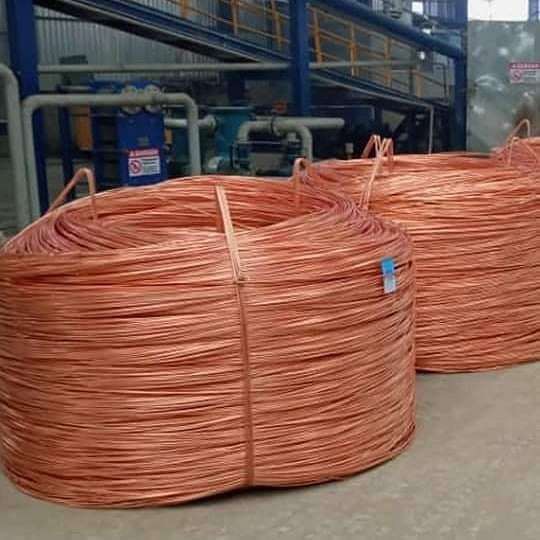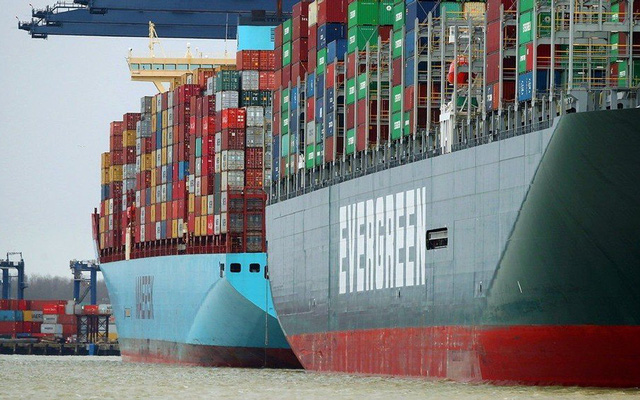Due to Beijing’s strict quarantine measures, international feeder ship operators have decided to extend service suspensions for at least six weeks until after the Lunar New Year holiday. This move could further disrupt the supply chain.
Harsh quarantine policy
Currently, China is the only country in the world that still applies the “Zero COVID” strategy. As a result, Beijing’s epidemic prevention and control policies are becoming more stringent than ever.
According to regulations, crew on foreign ships must quarantine for at least 21 days after disembarking in northern Chinese ports and 14 days in southern ports. Some sources said that many ports in China even forbade crew to disembark.
Not to mention, Chinese crewmembers docked abroad must quarantine for two to three weeks before returning home. Once they return to China, they must be isolated for at least two weeks at a hotel, depending on the regulations of the local authorities.
The long quarantine period for crew members is increasingly frustrating for shipping companies, especially when the industry is still grappling with difficulties such as seaport congestion and global labor shortages.
Beijing’s quarantine policy is making ship operators angry. (Photo: Martin Chan).
Shipping lines must refuse customers
SCMP quoted sources familiar with the matter as saying that, due to Beijing’s quarantine measures, feeder operators at some ports in southern China have decided to extend the suspension of services by at least The past 6 weeks of the Lunar New Year holiday.
Feeder ships are medium-sized ships that help transport containers of goods between small ports and main ports, then the containers will be loaded onto larger ships and taken to the point of consumption.
Industry giants such as Ocean Network Express, Hapag-Lloyd and Evergreen have informed customers that they will temporarily stop accepting containers going to small ports in the Pearl River Delta and Fujian province.
Last weekend, Hapag-Lloyd said: “Our new decision stems from the Beijing government’s COVID-19 quarantine requirements for crews traveling between southern China and Hong Kong.. .”
Before the outbreak of the pandemic, feeder shipping lines used to suspend services during the Lunar New Year holiday, but only for two to three weeks.
Lars Jensen, CEO of container shipping consulting firm Vespucci Maritime, said: “Beijing’s quarantine policy does not directly affect goods going to or from major deep-sea ports, but can do it. generate some chain reaction”.
“Container volumes to or from smaller ports could be higher and earlier than usual,” predicted Mr. Jensen.
Sharing with SCMP, Mr. Akhil Nair, Senior Vice President at Seko Logistics, said that the decision of transshipment companies seems to be aimed at avoiding the accumulation of imported goods at China’s major ports. Country.
Mr. Nair argued: “I think they don’t want the goods to arrive during the Lunar New Year, because it will all be piled up at the transshipment ports. Plus, the time available at major ports is decreasing, which means that cargo can be congested as feeder operators receive more orders, so I think this is a prudent step for them.”
In addition, experts also warn that the weeks-long suspension of feeder train operators could put pressure on trucking in southern China.
“I think that road transport may be affected, the flow of goods during the Lunar New Year is at risk of congestion because businesses will find ways to push the amount of goods rejected by shipping lines to trucks. by road,” noted Seko Logistics Vice President.
T&G International Joint Stock Company
Address: 352 Hue Street, Le Dai Hanh Ward, Hai Ba Trung District, Hanoi
Hotline: 0345786803
Email: hrm@tginterjsc.com
Website: http://tginternationaljsc.com





















